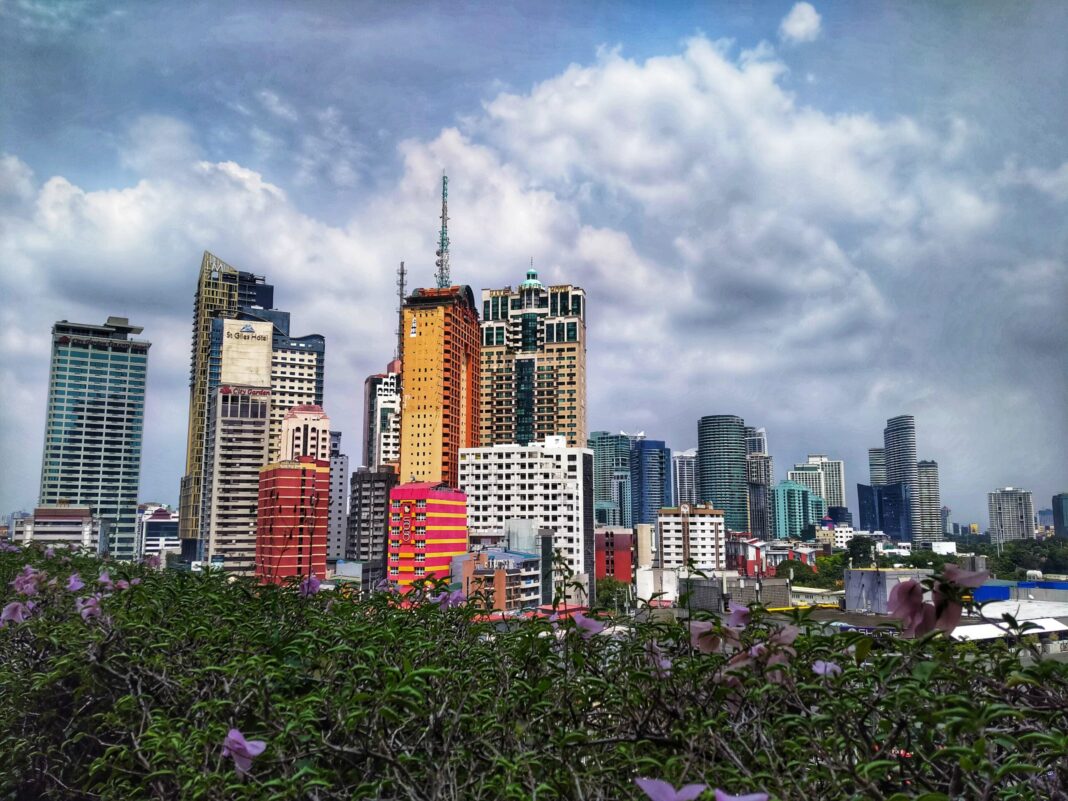
THE Philippines ranked the poorest in majority of the indicators that foreign direct investors use in choosing which country to put their capital in for long-term investments, a recent research paper showed.
In the Philippines Institute for Development Studies (PIDS) Public Research Forum on Wednesday, the Bangko Sentral ng Pilipinas (BSP) presented a paper on Foreign Direct Investment (FDzI) developments in the Asean-5 and its importance to post-pandemic recovery.
The paper, titled “Asean-5: In competition for FDI,” showed that out of the 13 variables identified by the study as determinants to FDI attractiveness, the Philippines was the poorest in 7 indicators among the Asean-5 nations. The Asean-5 comprised Thailand, Malaysia, the Philippines, Indonesia and Vietnam.
In particular, the Philippines has the lowest FDI stock as of 2019 in the region. It also has the poorest corruption perception—which means that investors see the Philippines as the most corrupt among the five countries in the bloc.
The Philippines also has the poorest rule of law, ease of doing business score, the lowest quality of roads, the poorest FDI equity restriction index and has the highest corporate tax rate among the five countries.
The other six variables were: market size as measured by the country’s real gross domestic product (GDP), credit ratings of the three major ratings agencies, human capital index, telecommunications infrastructure index, inflation, and minimum wage.
“FDI constitutes long-term investments. Thus, it would be most attractive with the long-term considerations about an economy such as the macroeconomic stability, market size, economic openness and labor cost considerations,” said BSP Senior Researcher Dr. Hazel Parcon-Santos, who was presenting the study.
The research paper also showed that Japan, the United States (US), Singapore, China, and Hong Kong were the top 5 sources of FDI in the region.
Broken down, Japan, US, China and Hong Kong invested most in Thailand at the end of 2019. Singapore, meanwhile, invested most in Malaysia during the period.
All countries invested the least amount of capital in the Philippines, except for the US, which least invested in Vietnam among Asean-5.
Data from the United Nations Conference on Trade and Development (Unctad) showed that FDI flows plunged globally by 35 percent in 2020, the biggest decline recorded since 2009, as a consequence of the Covid-19 pandemic.
For Southeast Asia, FDI declined by 25 percent during the year.
This is paralleled by the FDI data in the country, as long-term foreign investments to the Philippines were 24.6 percent lower in 2020 compared to their level in 2019.
“Understanding the determinants of the FDI decline could help us design the appropriate policy responses that would attract more FDI and spur post-pandemic recovery,” BSP Governor Benjamin Diokno said in his keynote address in Wednesday’s forum.

